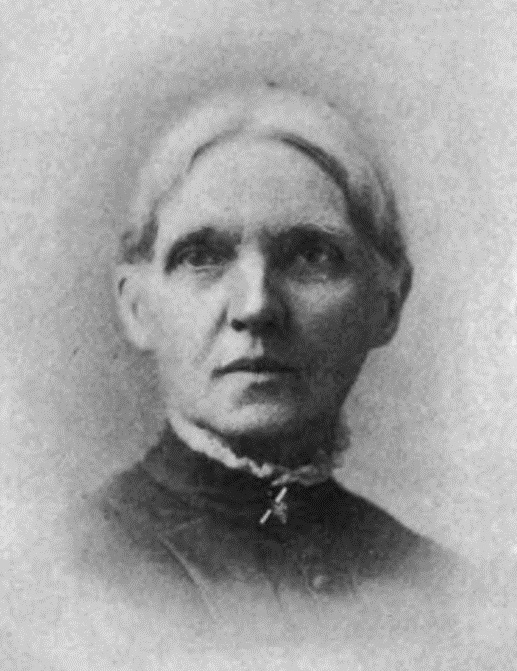"Little Things" in the Myrtle (1845). This poem came to be published uncredited as a children's rhyme and hymn in many 19th century magazines and books, sometimes becoming variously attributed to Ebenezer Cobham Brewer, Daniel Clement Colesworthy, and Frances S. Osgood, but the earliest publications of it clearly are those of Carney, according to Our Woman Workers: Biographical Sketches of Women Eminent in the Universalist Church for Literary, Philanthropic and Christian Work (1881) by E. R. Hanson, as well as Familiar Quotations 9th edition (1906) edited by John Bartlett, The Oxford Dictionary of Quotations (1999) by Elizabeth Knowles and Angela Partington, and The Yale Book of Quotations (2006), ed. Fred R. Shapiro.
Julia Abigail Fletcher Carney: Frases en inglés
"The Erring" in the Orphan's Advocate (1844) and the Social Monitor (1844), as quoted in Our Woman Workers: Biographical Sketches of Women Eminent in the Universalist Church for Literary, Philanthropic and Christian Work http://books.google.com/books?id=GQK3D5X9E4kC (1881) by E. R. Hanson, p. 170.
Contexto: Think gently of the erring:
Ye know not of the power
With which the dark temptation came
In some unguarded hour.
Ye may not know how earnestly
They struggled, or how well,
Until the hour of weakness came,
And sadly thus they fell.
“Deal gently with the erring one,
As God hath dealt with thee.”
"The Erring" (1844).
Contexto: Speak kindly to the erring;
Thou yet may'st lead them back,
With holy words and tones of love,
From misery's thorny track.
Forget not thou hast often sinned.
And sinful yet must be;
Deal gently with the erring one,
As God hath dealt with thee.
"Soul Blindness", as quoted Our Woman Workers: Biographical Sketches of Women Eminent in the Universalist Church for Literary, Philanthropic and Christian Work (1881) by E. R. Hanson.
Contexto: How near another's heart we oft may stand,
Yet all unknowing what we fain would know
Its heights of joy, its depths of bitter woe,
As, wrecked upon some desert island's strand,
They watch our white sails near and nearer grow;
Then we, who for their rescue death would dare,
Unheeding pass, and leave them to despair.
"Soul Blindness", as quoted Our Woman Workers: Biographical Sketches of Women Eminent in the Universalist Church for Literary, Philanthropic and Christian Work (1881) by E. R. Hanson.
“Little deeds of kindness,
Little words of love,
Make our pleasant earth below
Like the heaven above.”
"Little Things" (1845) as quoted in Our Woman Workers: Biographical Sketches of Women Eminent in the Universalist Church for Literary, Philanthropic and Christian Work (1881) by E. R. Hanson. These were the final words of the poem in the original publication, but later versions published anonymously by other authors appended various additions to this. It has also often appeared credited to Carney in a variant form:
Little deeds of kindness,
Little words of love,
Help to make earth happy
Like the heaven above.
